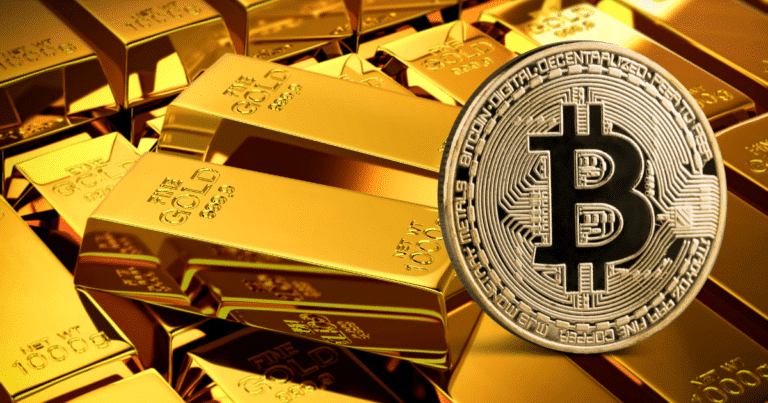Since the end of 2017, I have been following the development of the Maltese crypto license, aiming to make Malta the blockchain island. I have done this both out of personal interest due to the fact that I am the CEO of the first Swedish real-time crypto exchange, aiming to be regulated, hopefully on Malta. But I have also been following the development as a journalist for the crypto news site Trijo News on which you are now reading.
As a step in becoming regulated, Trijo Exchange has hired Maltese lawyers to help us apply for the license, but I have personally read every single line the Maltese authorities, MFSA, has published regarding the license. I have also been visiting the MFSA to give my input on what the license needs to cover, and thus far I have been really positive that the license will be exactly what the industry needs.
Last Friday, however, the MFSA released the third and last chapter of the so-called rulebook for the license. While I read it I understood that the dream of Malta as the blockchain island will probably never become reality. At least not in the way that a whole industry has hoped for. Do not get me wrong, I fully understand that the paper published is just a consultation paper and that the whole purpose of it is to receive feedback from the industry. The problem is that the gap between the proposition and the expectations of the community is way too big.
Let us go through the issues one by one. First of all, the suggested rules of listing new coins and tokens could probably become a real problem for huge and already established cryptocurrency exchanges like Binance. If these rules become reality, this means that Binance would have to remove a large amount of the coins they have listed today. I do not think that this will be an option for them (or for any other large exchange that has many coins listed wanting to become regulated). If you ask me, the proposed rulebook would just make them move once again, perhaps to Bermuda or Bahamas, which are areas where the authorities are positive towards cryptocurrencies.
This listing issue is not really a problem for Trijo. Since we are waiting for the license before we launch the exchange, we are still flexible enough to adapt to the demands.
“The problem is the capital requirement, which has been set to a whopping €730,000”
The second issue, however, will probably (if it becomes part of the new license) end our journey to Malta before even filing an application. The problem is the capital requirement, which has been set to a whopping €730,000. This does might not sound like much, but for a not yet launched crypto startup, this is a mountain we could not possibly climb. It simply is not realistic to think that it could be possible to raise this amount of capital before having anything to show for it.
I am actually talking to both investment firms and angel investors on a daily basis right now, and most of them are really positive towards investing in Trijo, but all of them want us to show that we are regulated in order to be willing to take the risk.
This leaves us in a catch-22 situation, where we need €730,000 of capital in order to apply for the license, but need a license in order to raise the capital. I honestly can not find a way out of that dilemma.
This, however, will not stop us from launching the exchange. Not at all. There are other countries within the European Union already offering licenses that will do just fine for what we are aiming to do.
For a long time, it looked like the Maltese law would be more genuine and well-written, but if it comes with an entry fee of €730,000, a yearly fee starting at €25,000 and quite high lawyer fees, the other licenses will do just fine.
When I started to write this opinion article the draft headline was “I feel quite disappointed with the Maltese crypto license”, and that is really how I feel. Disappointed.
The whole industry has been waiting patiently, but it seems that this new legislation might attract neither startups nor established companies. And that is not how you build a blockchain island.
Totte Löfström
CEO of Trijo
—
Interested in sending us an opinion article? Mail us at [email protected].





